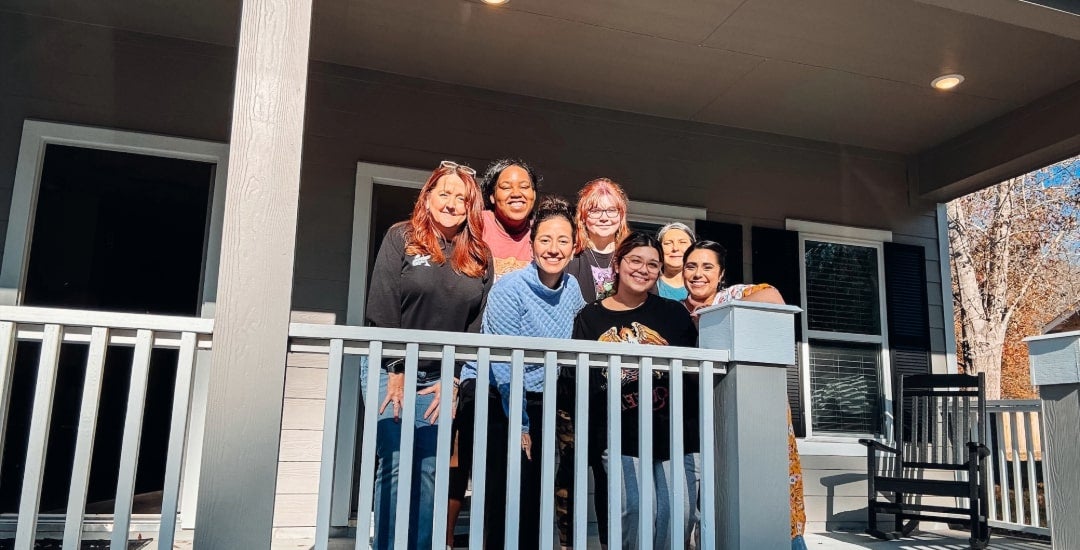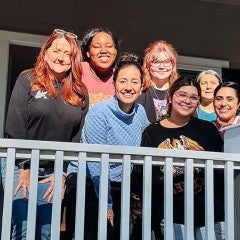In response, the Kinder Institute for Urban Research, in partnership with the United Way of Greater Houston, launched a series of case studies to help nonprofit organizations address this goal. The hope is that better data practices will help them better demonstrate their impact to stakeholders or identify areas that require more resources for funding, evaluation and research.
Each case study begins with United Way connecting a nonprofit with the Kinder Institute “to discuss what they’re looking to do with their data, questions they have about their data, and to then explore ways of working together” to improve operations, said Lee Williams, a research analyst at the Kinder Institute.
“At a higher level, our goal with the case studies is to identify lessons learned from one community organization that could apply to the wider nonprofit landscape,” Williams said.
The first nonprofit selected was Angel Reach, which supports young people 16 to 24 years old who are aging out of the foster care system and are in jeopardy of becoming homeless.
“This was a highly collaborative process that utilized the research-practice partnership model and required relationship-building to improve data production and consumption to meet the organization’s needs,” said Katherine Perez, a research analyst at the Kinder Institute.
“Our goal is not to change the work that a nonprofit organization is doing, or saying that we know what they should be doing with the population that they’re working with. It’s really just focusing on what they’re already collecting and what they can pull out from that to better use for their organization. Angel Reach does a lot of great things, and it was just a matter of helping them be able to understand their data better and to see how their program was doing.”
One of several suggestions welcomed by Angel Reach was to automate its data collection procedures, which helped to standardize how clients’ progress was tracked.
“One of the amazing things about Angel Reach’s data practices was that they were already collecting data about their clients at multiple points in time to see the progress they were making through the program,” Williams said. “They wanted to have data on their clients collected every three months, and we worked with Angel Reach to see if this was happening.
“While it was definitely happening for many of the clients, Angel Reach noticed it was not happening for all of them. In working with them, we came up with a plan for them to use their data entry system to schedule automated reminders that would go out to the coaches working with the youth to collect data every 90 days. This was one of the first changes implemented — automating this evaluation process — and it was a solution identified collaboratively between Angel Reach, the research team and United Way by being able to sit down and talk about these data together.”
Jessica Davison, senior director of mission and strategy at United Way of Greater Houston, said the findings from the Angel Reach case study will likely be applicable to other organizations.
“That’s a big part of this whole effort — we hope organizations have the opportunity to learn from each other,” Davison said. “We want to make sure that organizations have sustainable data and evaluation practices, but that’s going to look different at each organization.”
Davison, Perez, Williams and others joined Daniel Potter, senior director of research at the Kinder Institute, for a presentation of the findings during a recent United Way webinar. The subsequent research brief was published on May 14.
The Joan and Stanford Alexander Jewish Family Service will be the subject of the second nonprofit case study.
“As researchers we often get a bunch of numbers in front of us, we process-analyze and then send it back out into the ether,” Williams said. “This is a really good example of the strength of the partnership research model, because we work specifically with practitioners. In addition to supporting good work that’s being done in the community, we’re seeing our work be implemented in real time.”


